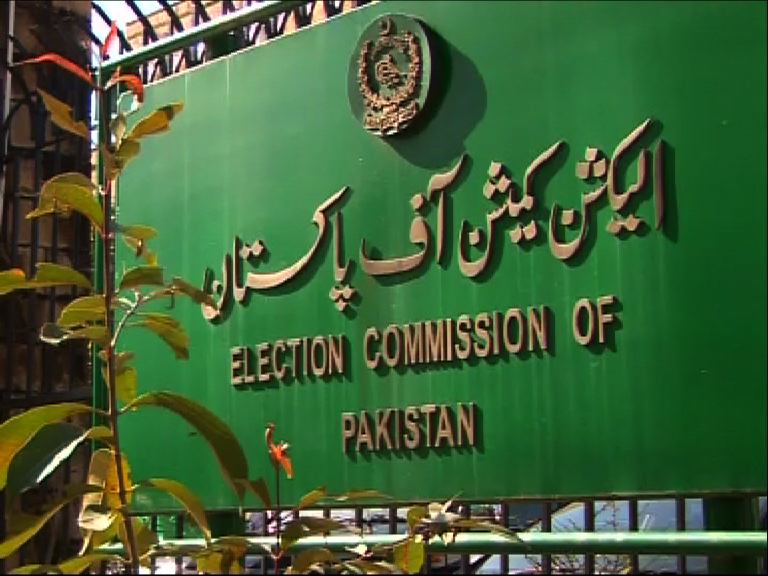On Monday, the Supreme Court convened to address a contentious issue concerning reserved seats, prompting Justice Munib Akhtar to critique the Election Commission of Pakistan for categorizing candidates returning from political parties as ‘independents’.
This observation unfolded during a hearing where the full court, comprising 13 justices including Mansoor Ali Shah, Yahya Afridi, and Athar Minallah among others, deliberated over a petition by the Sunni Ittehad Council (SIC).
The SIC, backed by PTI-supported candidates after losing their party symbol due to a previous Supreme Court ruling, contested the denial of reserved seats for women and minorities. The ECP’s subsequent decision to redistribute these seats among other parties like PML-N and PPP further intensified the legal battle, which the PTI denounced as unconstitutional.
The proceedings, broadcast live on the Supreme Court’s digital platforms, saw spirited arguments challenging the ECP’s actions and the constitutional implications of its decisions.
Justice Akhtar questioned whether the court should uphold the ECP’s reclassification of candidates or prioritize the constitutional intent behind such allocations. His sentiments resonated with Justice Minallah’s concerns over electoral integrity and the ECP’s operational discretion.
Throughout the hearings, advocates from various parties presented divergent interpretations of electoral laws and constitutional provisions. The discussions highlighted intricate legal questions, including the definition of political parties and the eligibility criteria for reserved seats, underscoring the complexities facing Pakistan’s electoral framework.
The debate also touched on broader issues of democratic representation and procedural fairness, with implications for future electoral processes. As arguments progressed, the justices scrutinized the implications of the ECP’s decisions, emphasizing the need for clarity and consistency in electoral administration.
The case’s unfolding dynamics underscored the judiciary’s pivotal role in interpreting electoral laws, ensuring constitutional adherence, and safeguarding democratic principles amid evolving political landscapes. As the hearings continued, stakeholders awaited further judicial guidance on a matter pivotal to Pakistan’s electoral future.


